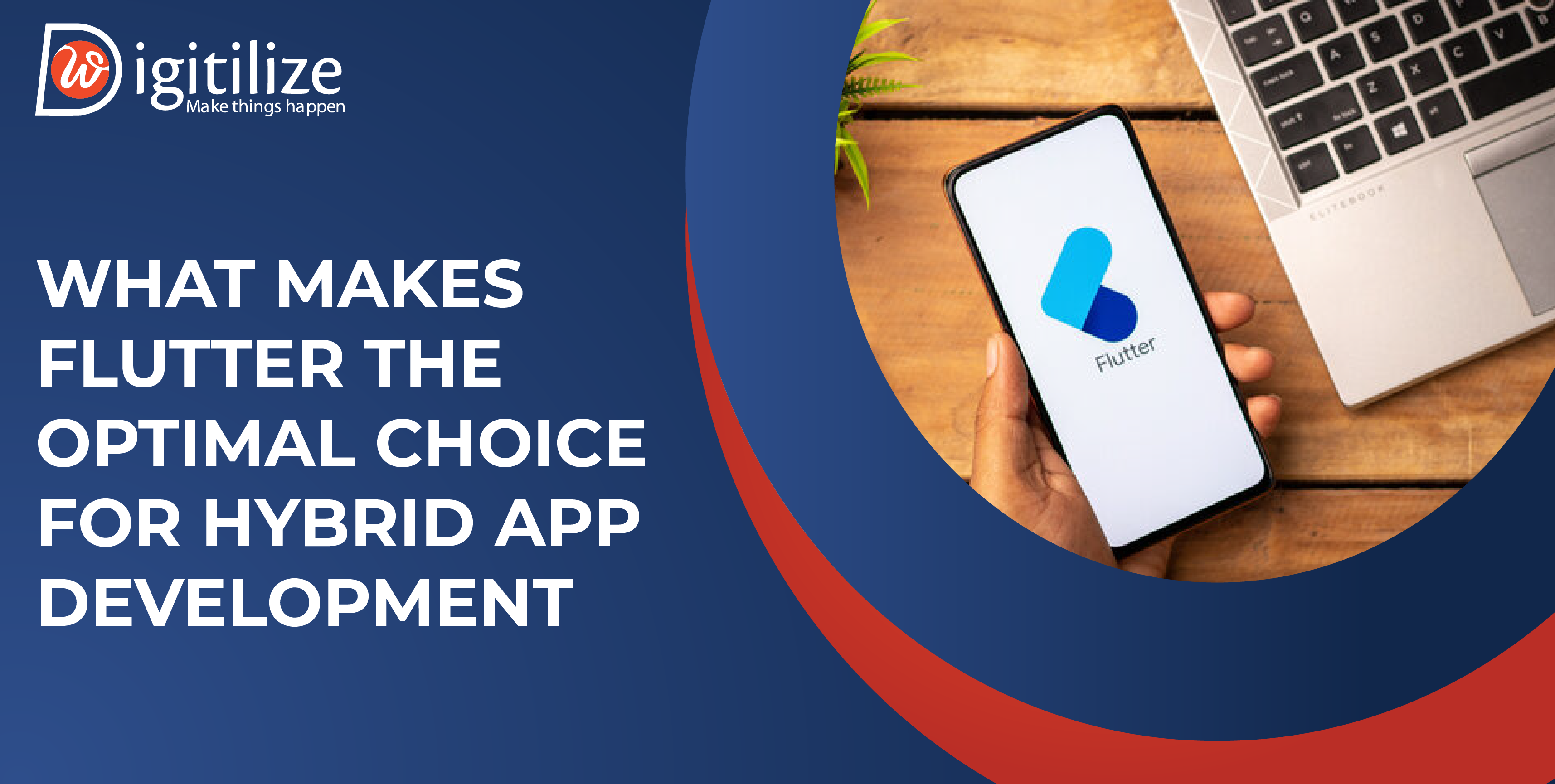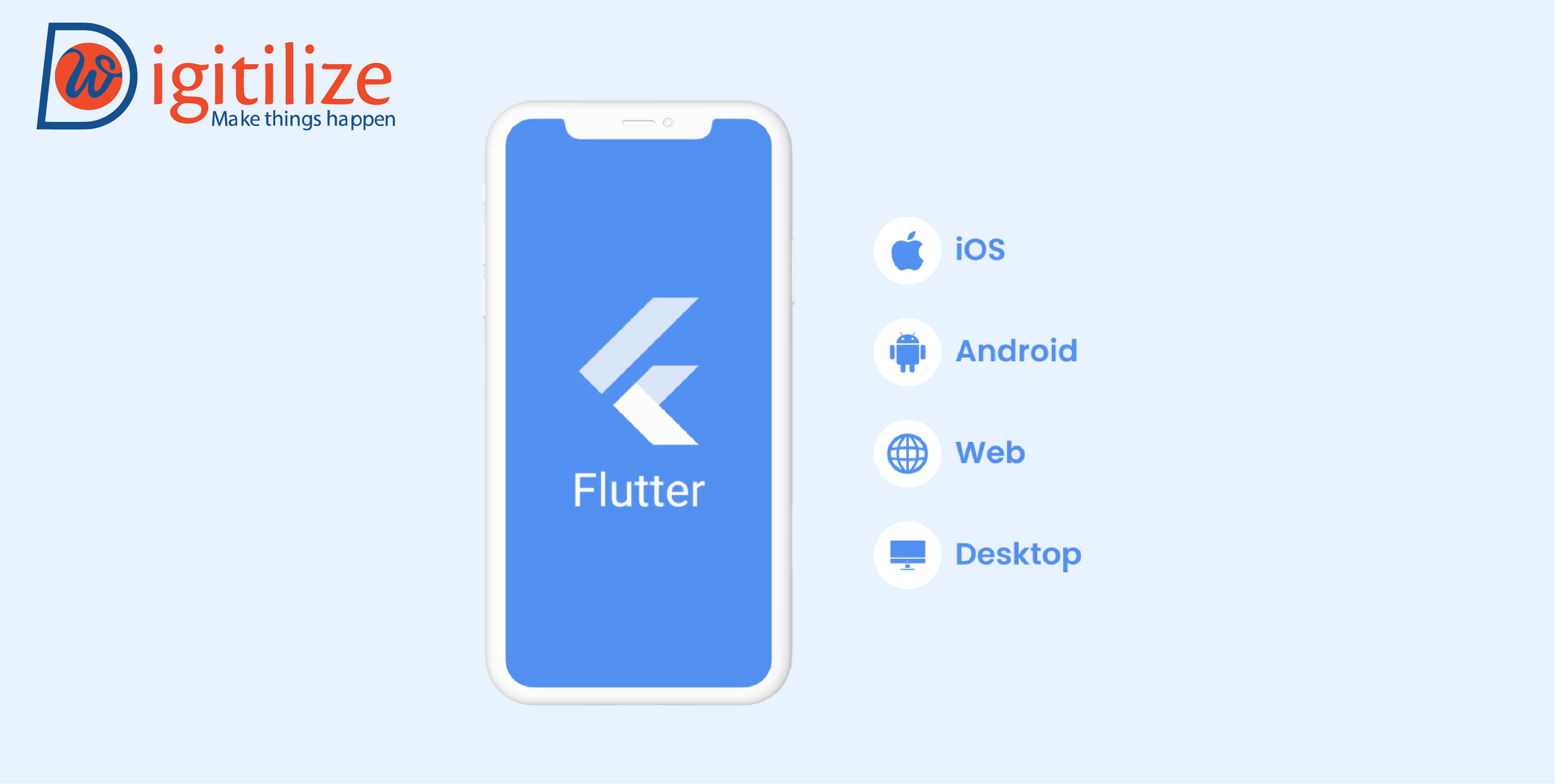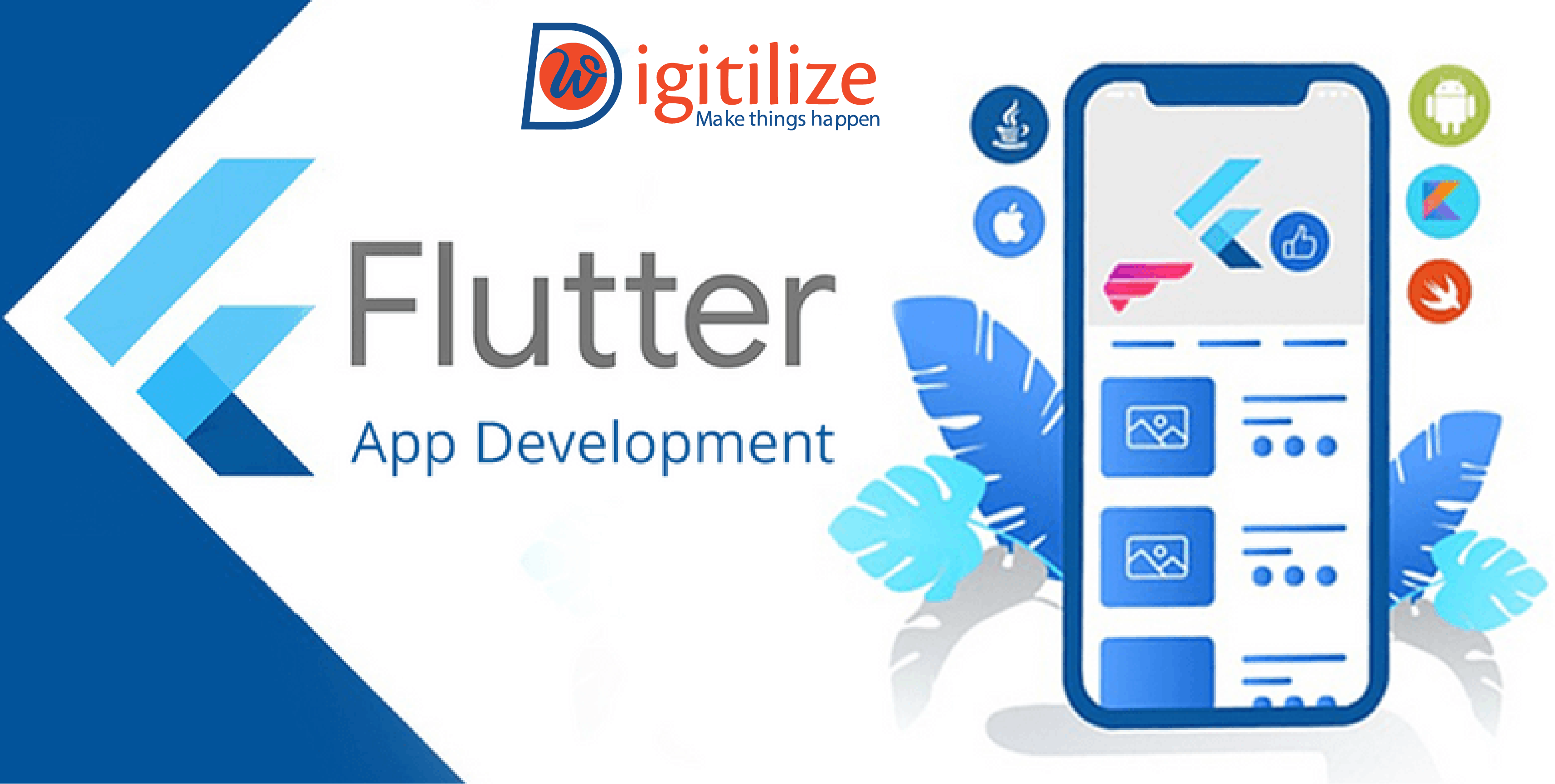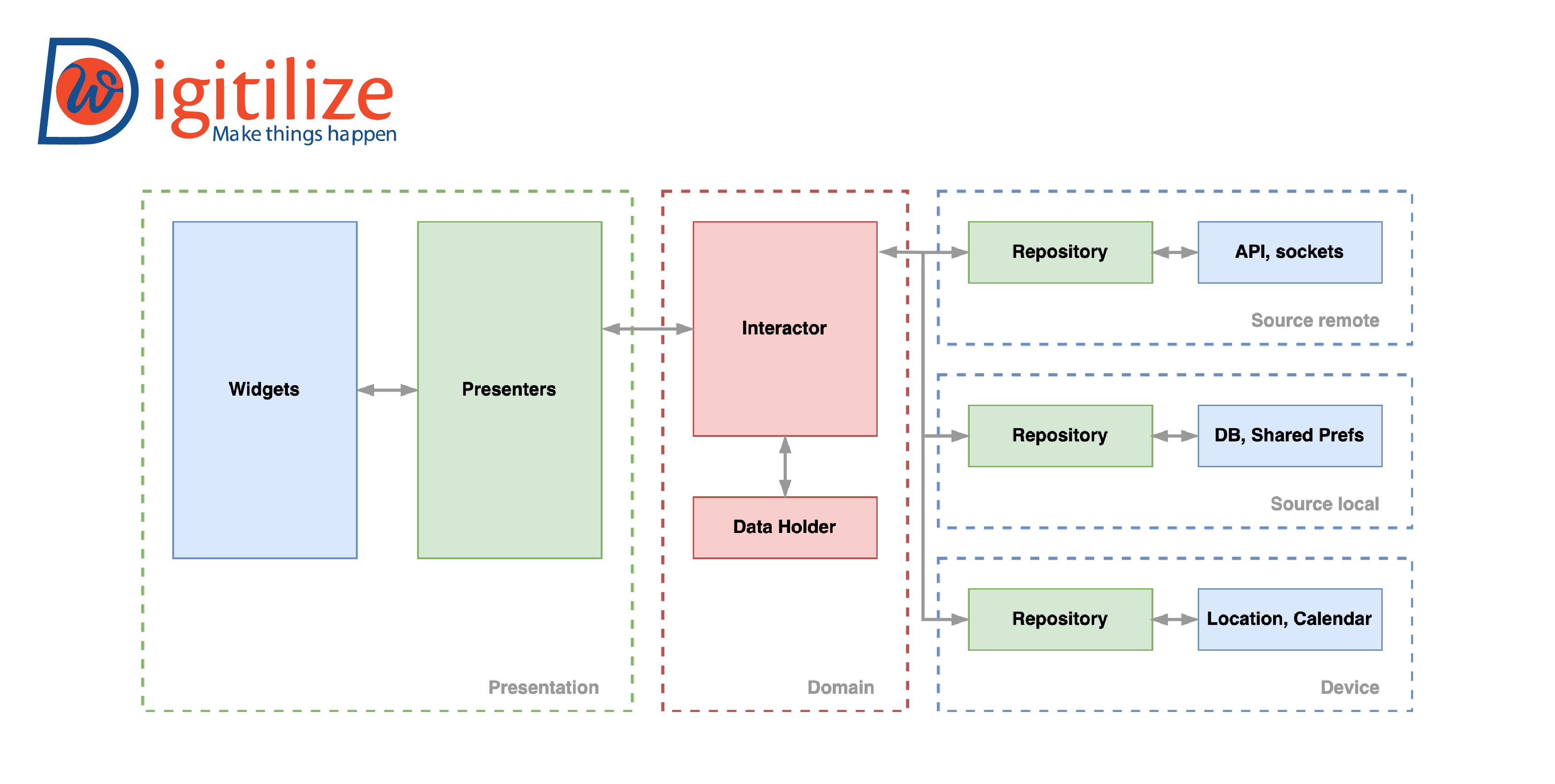What Makes Flutter the Optimal Choice for Hybrid App Development?

Have you ever thought about why Flutter is the optimal choice for hybrid app development? Here is the answer, it should not be surprising that the mobile app industry is growing, given that over 6.3 billion people use smartphones worldwide. Therefore, it makes perfect sense to introduce Flutter at this point. The demand for advanced hybrid apps is growing along with the number of smartphone owners.
Flutter is a powerful and sophisticated tool for creating hybrid applications. The main advantages of Flutter app development for creating hybrid apps will be discussed in this post. Also, let’s discuss how it quickly changing mobile app development market as well.
What are Hybrid Apps?
Simply said, hybrid applications are software solutions designs to run on several operating systems with a single code base. It will require a Flutter app developers UK to write a single line of code.It using to deploy all of the code blocks and functionality across several OS servers. After the deployment process is complete, users will have access to the application. This will directly make it simpler for you to serve a wide range of audience types. Every time you want to edit any existing code block for apps created with Flutter, you may choose to modify both operating systems or simply one of them.
Five Advantages of Hybrid App Development

-
Low Development Costs
-
Expands the audience’s horizon
-
Originally immersed
For this argument, let’s assume that you have developed an app for both iOS and Android. The software is now available for use on the Android operating system, allowing users to benefits of using Flutter for apps from its specific features. Your consumers are more likely to respond with a native user interface since it is uniform across devices. In our view, it’s a great tool for engaging individuals and building lasting relationships.
-
Enhances the functionality of the app
-
Eye-catching user interface
History of Flutter
 Google created Flutter, an open-source software development kit (SDK). Flutter was formally introduced in May 2017 after being first made available to the public at the Dart Developer Summit in October 2015. Its goal is to make it possible to create apps with a single codebase for Android and iOS for desktop, web, and mobile platforms.
Google created Flutter, an open-source software development kit (SDK). Flutter was formally introduced in May 2017 after being first made available to the public at the Dart Developer Summit in October 2015. Its goal is to make it possible to create apps with a single codebase for Android and iOS for desktop, web, and mobile platforms.Google’s creation of the Dart programming for mobile apps marked the beginning of the Flutter adventure. When Dart was first released in 2011 as a new programming language for creating mobile and online applications, it quickly became the preferred language for Flutter. In May 2017, the alpha version of Flutter was made available, giving developers a sneak peek at the framework. The creation of iOS and Android mobile apps was the main emphasis of this edition.
Over time, a vibrant developer, contributor, and fan community has developed around Flutter. This led to the development of a number of packages, frameworks, and tools that enhance Flutter’s capabilities and make creating complex apps easier. As Google and the community continue to release updates and improvements regularly, Flutter is still evolving rapidly.
The Flutter Architecture
You must become familiar with Flutter’s architecture and layers in order to comprehend how hybrid apps operate. Before starting the MVP development and the final software development, we have provided a deeper grasp of the Flutter flow of control in the section below.-
Embedders
-
Flutter engine
The Advantages of using Flutter for hybrid apps

-
Cost effective
For example, if you use Flutter to create MP, then the same codebase may work properly on both iOS and Android.
-
Able to target large audiences
-
Better functionality
These programs don’t rely on any one server in any way. The functionality will be far better than any other type of program as a result. How quickly your users browse, how long it takes for their sites to load, and how much downtime they experience won’t be concerns for you.
-
Impressive User Interface
-
One-step approach
-
An Extremely Reactive Architecture

The development of Google’s Flutter app is accelerating at an exponential rate. In addition to having many features, the framework helps enterprises. Thus, if you’ve been considering making the transition to Flutter, this is the ideal moment to do so.
DigitilizeWeb can help if you’re searching for the best app development company in UK. Our skilled Flutter developers have finished several hybrid solution-based development projects. We make sure to abandon the idea of mobile hybrid apps and focus instead on online and open-source mobile app framework solutions, web and mobile combination applications, and more. That why choose Flutter for hybrid app development in the UK.
Please get in touch with us if you need help developing a Flutter app or if you want to employ skilled Flutter developers. We will make sure the finished product will easily achieve your business objectives. We can meet your demands whether you are a startup or an established business. For more follow us on LinkedIn.
FAQ
Frequently Asked Questions
There are several benefits to developing Flutter apps, including as lower costs, quicker app development, shorter time to market, and simpler team management.
Hot-reload, which lets you view code changes in real time in an application that's running, is supported by Flutter. Code updates may be applied to an application that is now running with the help of Android Studio's immediate run feature. You might need to restart the app if the modifications are complicated
Our experts claim that developing a Flutter app is 20–50% quicker than developing two native mobile apps. However, the actual pace of development is also determined by the projected functionalities and interface complexity.
In Flutter projects, the Business Logic Component (BLoC) paradigm is a well-liked option for controlling the application state. It encourages the UI (user interface), business logic, and events to have clearly distinct concerns.
A framework for front-end and back-end development is called Flutter. Most Flutter developers, however, utilise it for the former purpose. This is because Flutter makes it simple to design stunning, dynamic user interfaces.
For people who are already skilled in another programming language and do not want to spend the time learning a new one, this might be a drawback.

